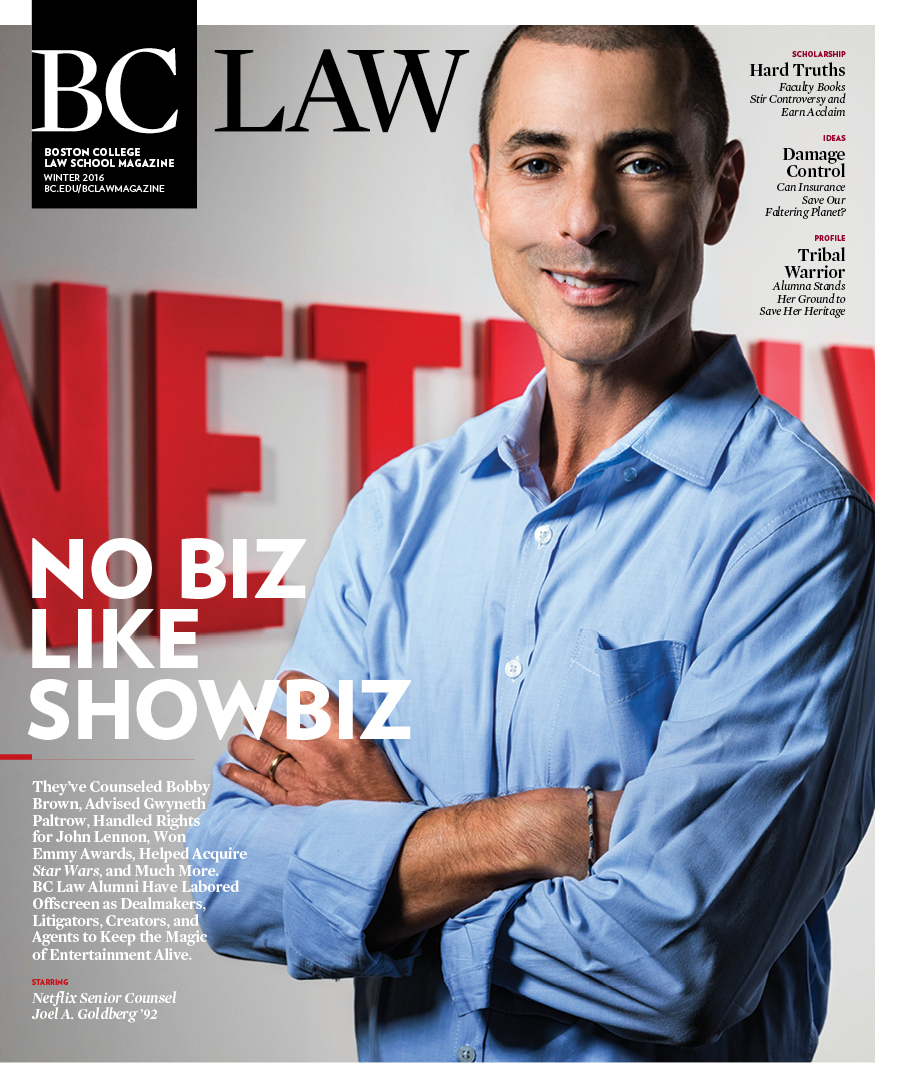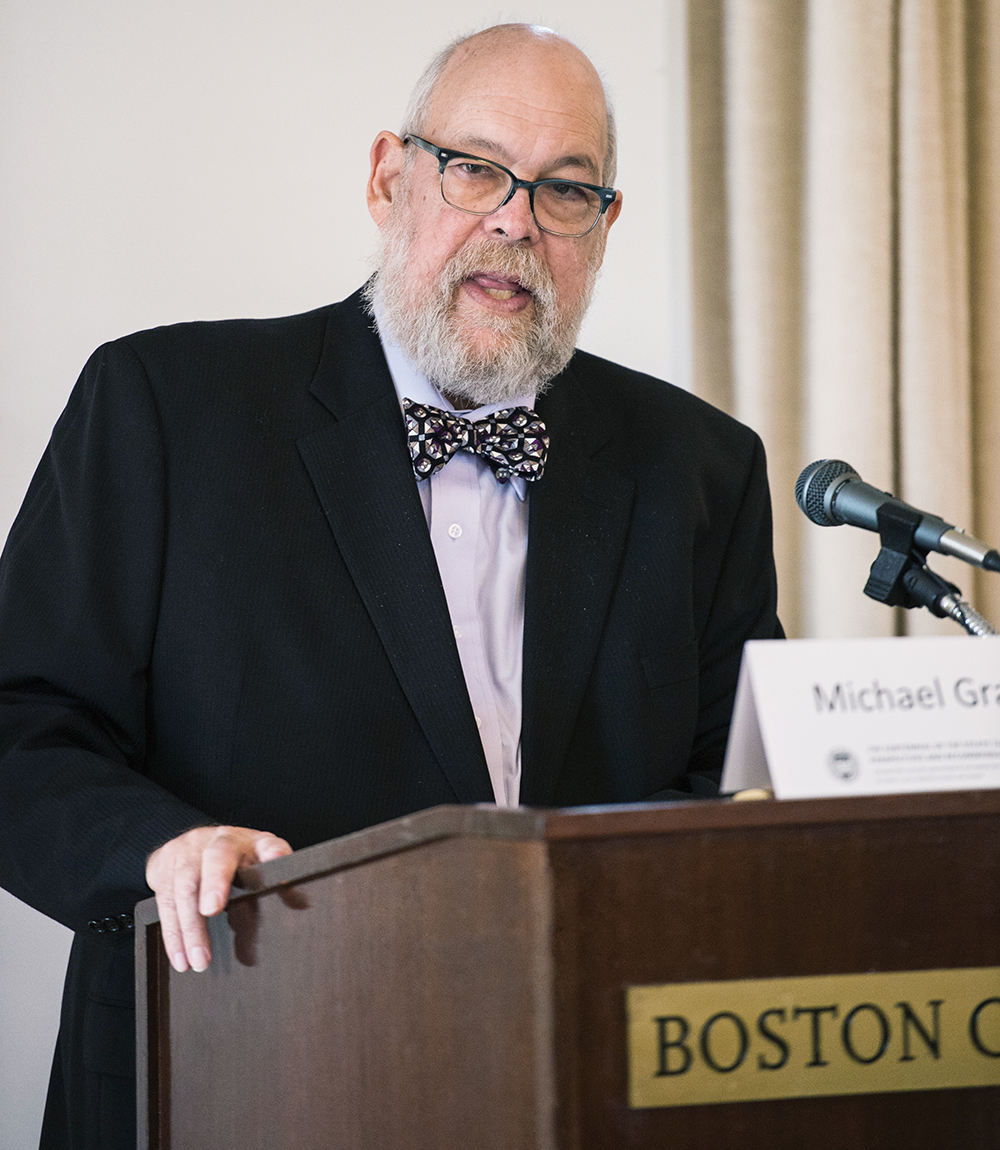Professor James Repetti ’80 welcomed tax scholars from ten law schools and the US Treasury Department to BC Law October 9 in celebration of the 100th anniversary of the Estate and Gift Tax. Co-sponsored by the American College of Trust and Estate Counsel Foundation, the conference featured a keynote by Michael Graetz of Columbia Law and three sets of panelists whose papers will be published in the May 2016 issue of Boston College Law Review.
Graetz, who has also held positions in the department of the treasury, co-authored Death by a Thousand Cuts: The Fight Over Taxing Inherited Wealth upon which he based his talk at the conference.
He traced the history of death taxes from ancient Egypt to the 1990s and the story of how wealth manager Patricia M. Soldano assembled the powerful coalition that brought about the repeal of the estate tax in 2001.
The group created a powerful narrative that resonated with many hardworking Americans, a strategy that deflected repeal critics’ arguments that the tax affected primarily the wealthy, said Graetz. He gave the example of Chester Thigpen, a Mississippi tree farmer who had descended from slaves. Thigpen was recruited by the coalition to testify before Congress that the estate tax was a burden to hardworking family businesses like his. “He was the perfect poster child for the repeal campaign,” said Graetz.
Certainly, a number of other factors played a role in the repeal, Graetz added, including the financial backing of many wealthy American families (who remained in the background); the argument that estate taxes amounted to double taxation, which President George W. Bush got behind; and the weak counter-responses of labor and the insurance industry. Today, given the economic and political developments of the last decade, Graetz predicted that there would be no major change to the estate tax’s existing status for the foreseeable future.
The central themes addressed by panelists at the conference reflected that belief. They discussed whether it is more desirable to tax the transfer of wealth during life or at death; whether methods other than an estate and gift tax could better address problems of wealth concentration; and how to improve the existing estate and tax system.



